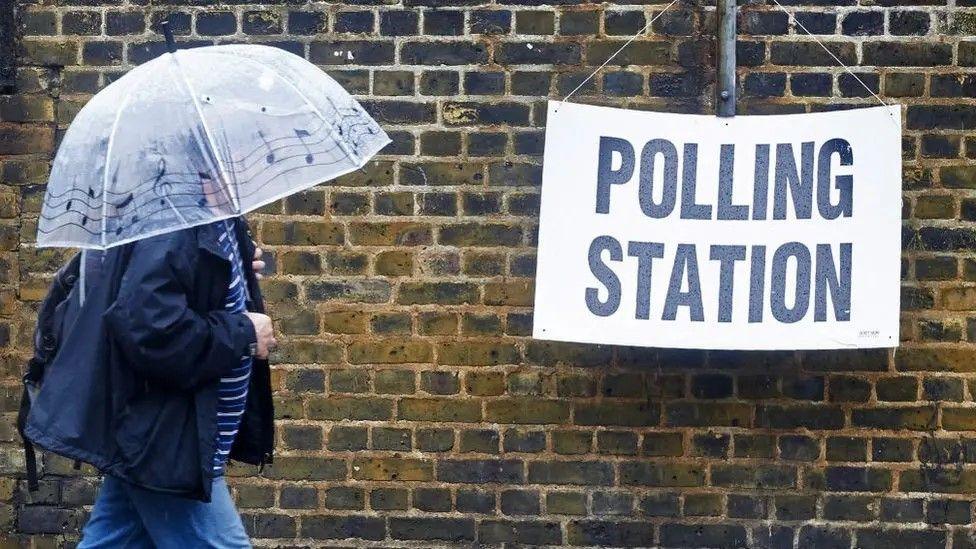Local elections 2025: 'Who are we voting for?'
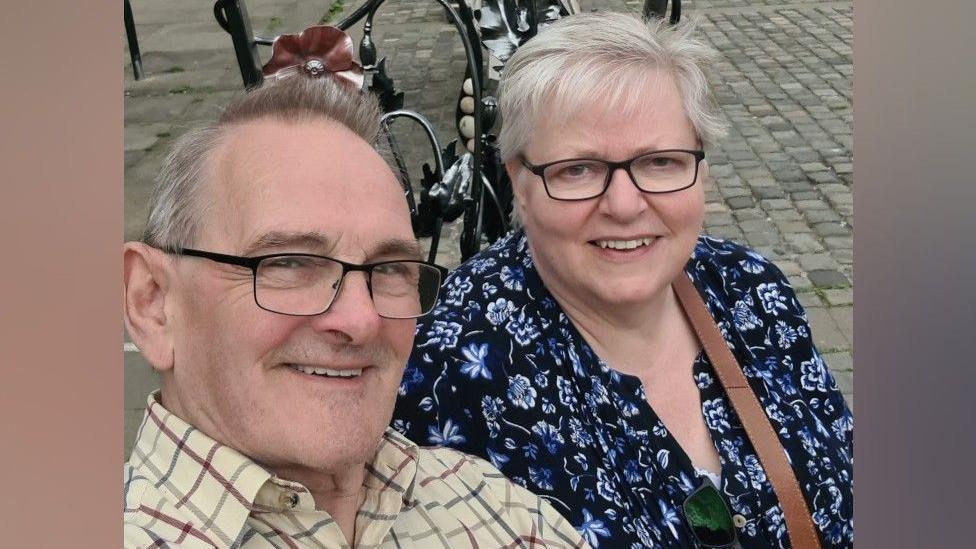
Stephen Bell and Sheila Joynes from Worcestershire said they had not seen face-to-face canvassing in their area
- Published
In the run-up to the local election the BBC is looking at the issues that matter the most to you, as part of Your Voice, Your Vote.
County councils and other authorities hold elections on 1 May.
Richard Nelson from Staffordshire lives in the Lichfield Rural North division, and told the BBC he had barely seen any canvassing from his local candidates.
This sentiment was shared by Stephen Bell and Sheila Joynes from Worcestershire - they live in the St Peter division and said they had "no idea" about those standing.
Ms Joynes said they had only recieved a couple of political leaflets this weekend, and they were only aware of who their Green party candidate was.
"We don't know even the names of the other candidates," said Mr Bell.
"Locally, we would just like to be kept informed more of what is going on," Ms Joynes said.
"I tried to find out [online] what's going on and who's standing… trying to find out on Google and it's just drawn a blank."
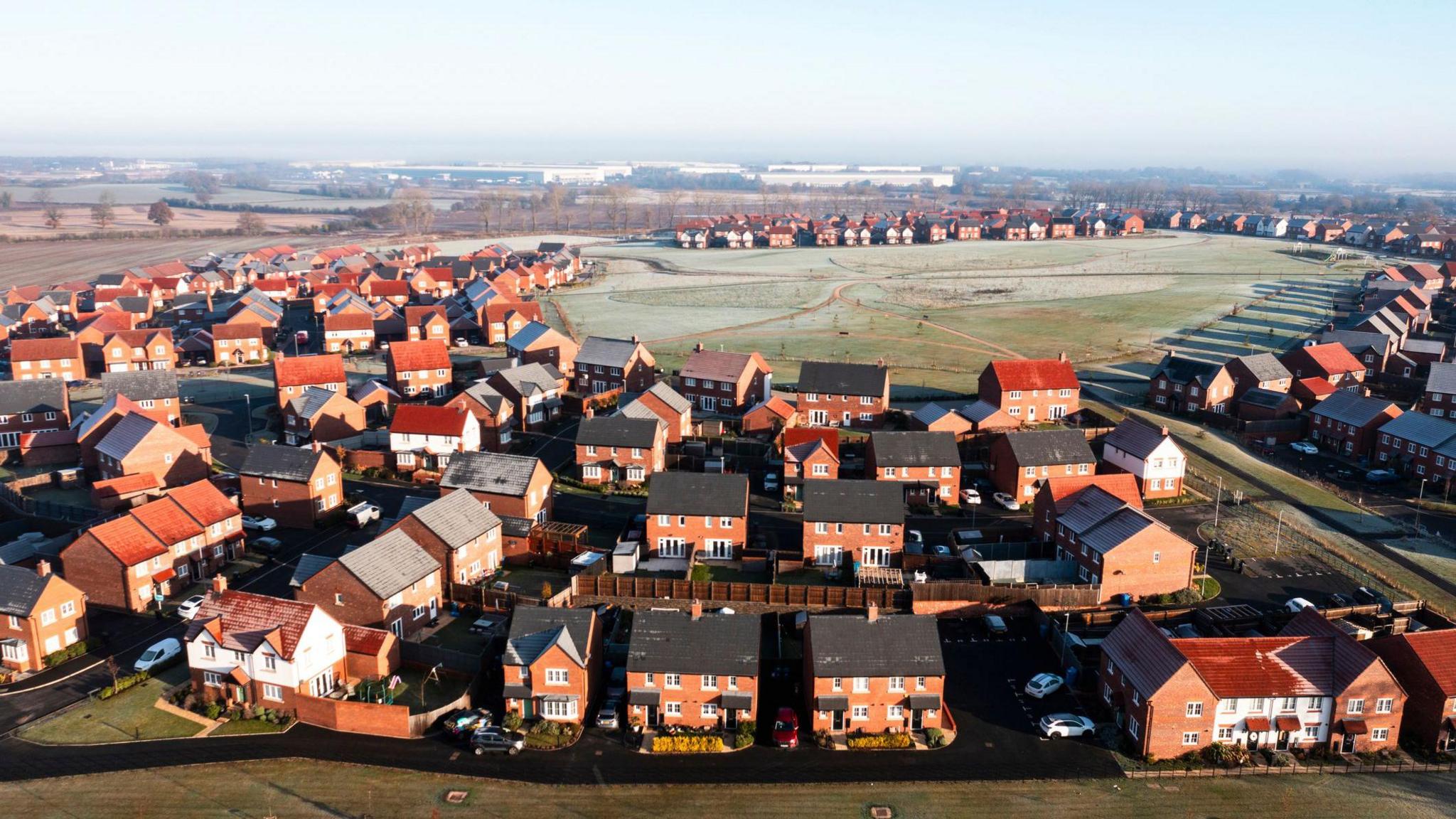
Richard Nelson, from Lichfield, said he had barely seen any canvassing (generic image)
Mr Nelson said he had recieved a couple of leaflets but had not spoken to any candidates face-to-face.
"We do not get any physical contact with the candidates," he said.
"It seems that their attitude is: 'Well if you want to vote for us, you can, if you don't, we don't really care'."
What do parties in Lichfield say?
The BBC approached all candidates for Lichfield Rural North.
The Labour candidate, Ben Watkins, said in the last year, he and his supporters had spoken to 565 people on their doorstep in Richard's area.
He said he agreed with Richard about photo opportunities, and had been campaigning for local issues after conversations with locals.
He added that his party held regular "meet the councillor" sessions on the last Saturday of every month.
Hugh Aston, on behalf of Liberal Democrat candidate, Morag Maclean, said it was not possible for candidates to personally make themselves known to all voters in the division, but said they had knocked on more than 300 doors, and delivered leaflets to more than 19,000 households.
He added that the party had a reputation for keeping in contact with residents all year round.
The Conservative Party candidate, Richard Holland, said he was sorry to hear Mr Nelson's view, and that he had been working hard to engage directly with local people via door-knocking, delivering leaflets and letters and speaking to residents.
He said the area was large with lots of houses to visit, and said face-to-face conversations were important to him rather than photo opportunities.
He added that he strongly believed in being visible and accessible, and if elected, he would continue to be an approachable representative.
Jon Pitchfork, interim chair of Reform UK Lichfield, said the candidate John Madden had spent a lot of time out in his ward.
He said Madden was well-known locally, but there had been limited time and resources.
He added that the party was keen that its councillors would provide substance instead of a superficial presence, and that they were accessible to residents.
What do parties in St Peter say?
The BBC approached all candidates for St Peter in Worcester.
Louis Stephen, candidate for the Green Party, said the party was proud to work hard all year, not just at election time.
He said since the last local elections, they had knocked on thousands of doors and delivered their community newsletter roughly every two months, and had been communicating like this for years.
He added that residents had contacted him directly about local issues including the bus service.
Stuart Wild, candidate for the Liberal Democrats, said the Liberal Democrats "failed frequently" to communicate with constituents because of a lack of resources, and said it was a major issue for all parties, particularly those not supported by major benefactors.
He said the party could not afford to spend "vast sums" on the delivery of leaflets like he believed the Conservatives and Reform had done.
He added that as the new chair of the city party, he wanted to increase the party's presence in the city.
The Worcester Conservatives, on behalf of their candidate Tom Wisniewski, said he had collaborated with the former councillor and started proactive work including talking to residents, litter picks, and had delivered more than 1,000 resident surveys.
The party said Wisniewski had prioritised getting to know residents rather than "shoving paper through a letter box".
It added that he had a large social media presence where residents were kept informed.
Edward Kimberley, campaigns coordinator for the Labour Party, said the party had created a roadmap for change, which was built around six themes.
He said the themes reflected a mix of what the county council could do, as well as addressing widespread local concerns that candidates picked up during door-knocking sessions which had taken place across the length and breadth of the city.
These themes included a better local bus service, more school places and fixing the roads.
Reform UK has not responded to the BBC but since the general election it has said it was fielding nearly a "full list of candidates across the entire country". Leader Nigel Farage was recently out and about in Worcester.
Get in touch
Tell us which stories we should cover in Staffordshire
Follow BBC Stoke & Staffordshire on BBC Sounds, Facebook, external, X, external and Instagram, external.
- Published11 April
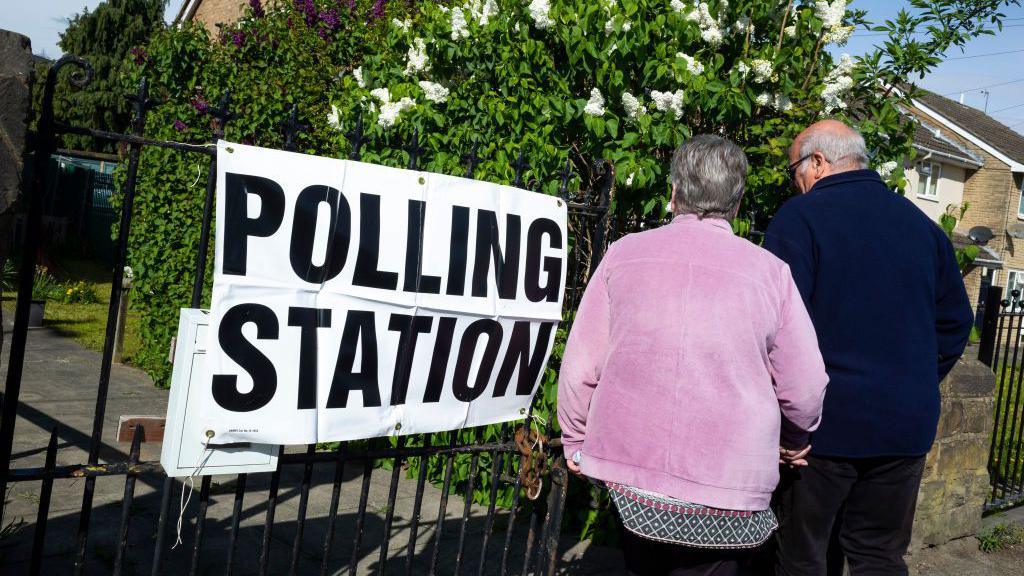
- Published2 days ago

- Published4 days ago
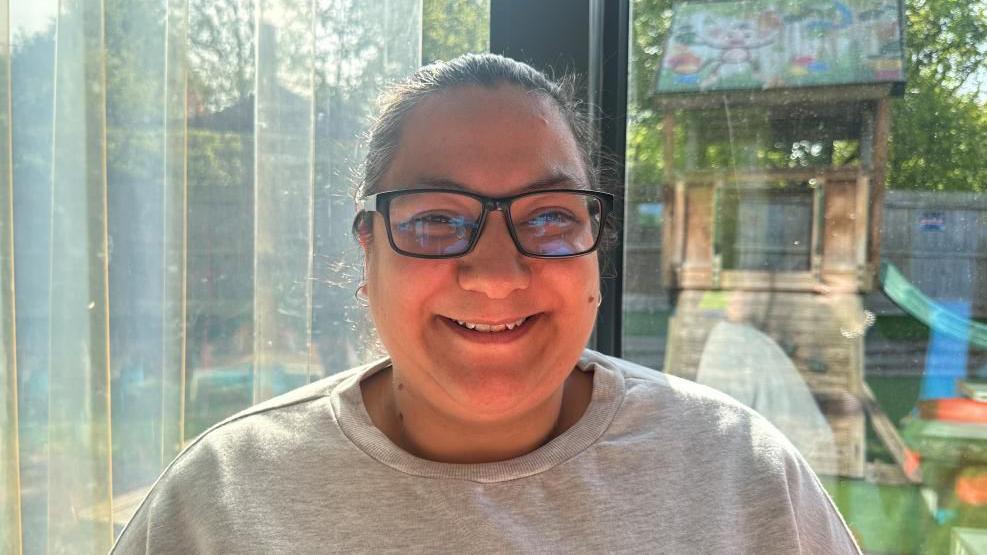
- Published22 March
